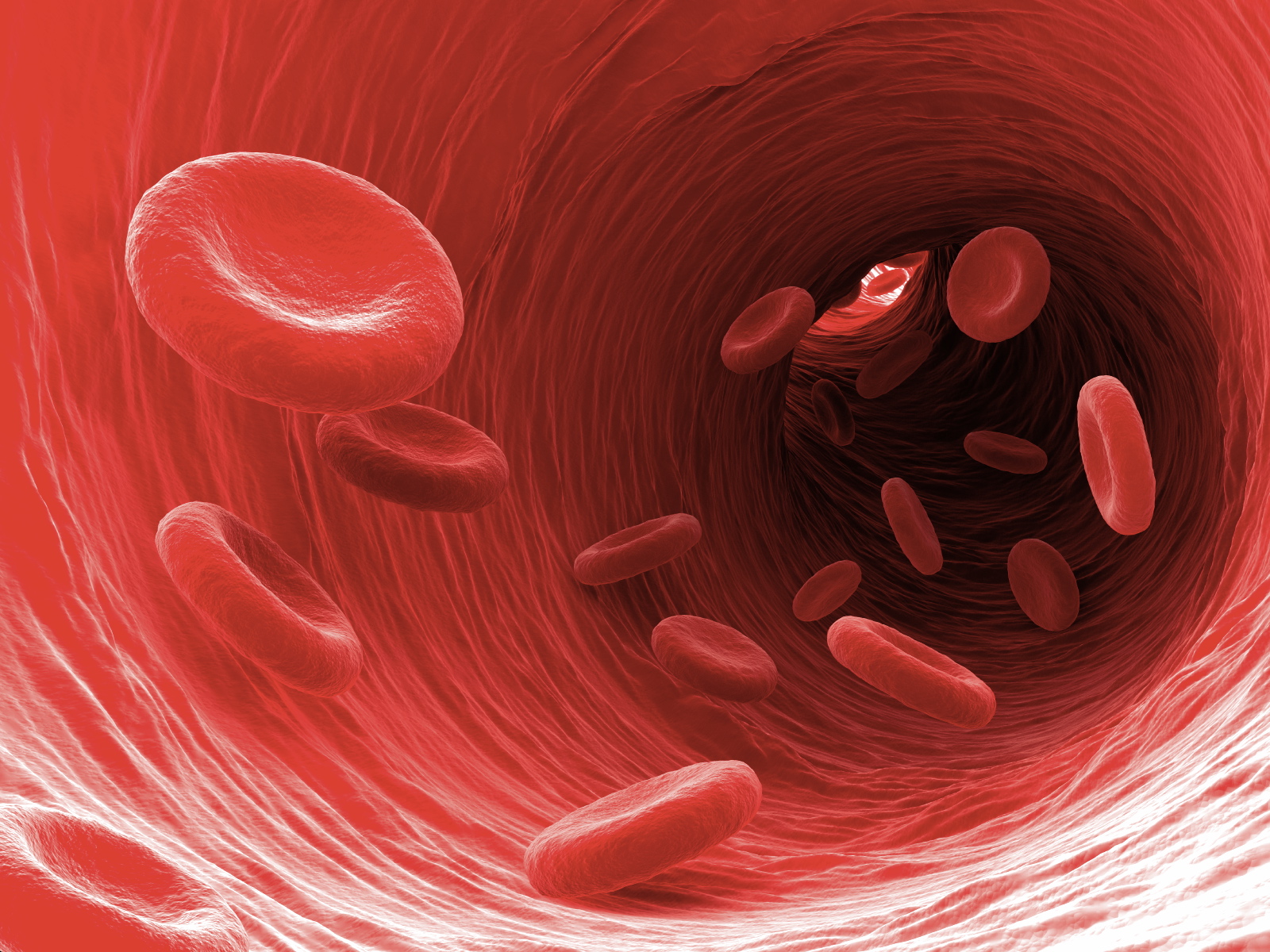
A new treatment for liver cancer, which isolates the organ and protects healthy parts of the body, has been found to be effective in almost 90% of patients.
The procedure being pioneered in the UK at University Hospital Southampton involves using two small balloons to divert blood past the liver for an hour while delivering drugs directly into the organ.
The technique, known as chemosaturation therapy or percutaneous hepatic perfusion (PHP), allows doctors to administer much larger doses of drug than patients would receive with standard chemotherapy as it does not enter the bloodstream and cause unnecessary damage to healthy parts of the body.
Once the drug has been delivered, blood from the liver is drained from the patient and processed through a filtration machine to reduce toxicity before being returned to the patient via the jugular vein.
Dr Brian Stedman, a consultant interventional radiologist, said his team had performed 300 chemosaturation treatments in 100 patients whose form of eye cancer called ocular melanoma had spread to the liver.
In a study published in the journal Melanoma Research, the team found liver cancers were controlled in 88.9% of patients who had received chemosaturation therapy, with 62% of them surviving for a year and 30% after two years.
A spokesman for the PLANETS cancer charity, which helped fund the research, said the average length of survival in those studied was 15 months but, in some cases, ongoing cycles of chemosaturation therapy have almost removed patients’ cancers completely.
